41 what food products do not need food labels by law
Allergen labelling for food manufacturers This includes checking that all ingredients and packing materials do not contain this allergen and that cross-contamination from other foods made on site is prevented. There is one exception to this rule which is gluten. Gluten-free labelled products can contain a maximum 20mg/kg of gluten. Language on the label FDA Food Product Labeling & Packaging Requirements - ESHA The Food Allergen Labeling and Consumer Protection Act of 2004 (FALCPA) mandates that packaged food items must declare, in plain language, the presence of any major food allergens (Milk, Egg, Fish, Crustacean shellfish, Tree nuts, Wheat, Peanuts, Soybeans, Sesame) on the product packaging.
Packaging and labelling | Food Standards Agency Certain foods are controlled by product specific regulations and they include: bread and flour cocoa and chocolate products soluble coffee milk products honey fruit juices and nectars...

What food products do not need food labels by law
What You Need to Know About Food Expiration Dates - WebMD The dates you see on food labels are not usually related to food spoilage. Instead, the dates tell you how long food maintains the best taste and texture. Federal law does not require food quality ... Does all food need a label? - Safe Food & Water Because we are talking about items that are not sold in a grocery store setting, do they still have to follow the same laws that commercially produced food products follow? The answer is yes. The Food and Drug Administration (FDA), the branch of government responsible for helping keep our food safe, provides regulations and guidance on food labeling. Food items that are allowed to be made and sold from one's home without a license are called cottage foods. Food Labeling - USDA Food labeling laws cover product packaging, point-of-purchase advertisements for foods or dietary supplements sold in retail establishments, restaurant menus, labels on alcoholic beverages, and more. Food labeling also covers claims made on these marketing endeavors, including claims about the purity of food products or health benefits. Additional laws and regulations require sellers to describe how foods are prepared or processed, the origin of the ingredients, the nutrients, additives in ...
What food products do not need food labels by law. Apple Cider at Whole Foods Market The Whole Foods Diet is a real foods, plant-based diets created by Whole Foods Market co-founder and CEO, John Mackey, along with Dr. Alona Pulde and Dr. Matthew Lederman. The diets follows two simple guiding principles: 1. Choose real foods over highly processed foods and 2. Eat mostly plant foods (90 to 100% of your daily calories). Cottage Food Laws | LABELS (C) disclosure of any major food allergens, such as eggs, nuts, soy, peanuts, milk, wheat, fish, or shellfish used in the product; and (D) the following statement: "This food is made in a home kitchen and is not inspected by the Department of State Health Services or a local health department." (2) Labels must be legible. What is not Required on a Food Label? (Complete Guide) But you can skip them as well, and you won't have to face any legal penalty. Such nutrients include Magnesium, iodine, sugar alcohol, Pantothenic Acid, etc. If you want to add natural to your product, you'll have to comply with the standards. Packaging, Labeling, Transporting, Storing — Food Law Indirect food additives (e.g., packaging) may be only used under conditions of good manufacturing practice; that is, the quantity 1) does not exceed the amount reasonably required to accomplish the intended effect in the food, 2) shall not exceed any prescribed limitations, 3) shall not be intended to accomplish any physical or technical effect in the food except as permitted by regulation, and 4) the article that contacts food shall be of a purity suitable for its intended use.
FDA: Foods Must Contain What Label Says | FDA - U.S. Food and Drug ... in addition, fda regulations include formal standards of identity for many kinds of food, including milk and cream; cheese and related cheese products; frozen desserts; bakery products;... Changes to the Nutrition Facts Label | FDA - U.S. Food and ... Mar 07, 2022 · Manufacturers with $10 million or more in annual sales were required to update their labels by January 1, 2020; manufacturers with less than $10 million in annual food sales were required to ... Country of Origin Labeling (COOL) Frequently Asked Questions Country of Origin Labeling (COOL) is a consumer labeling law that requires retailers (most grocery stores and supermarkets) to identify the country of origin on certain foods referred to as "covered commodities". The 2002 and 2008 Farm Bills and the 2016 Consolidated Appropriations Act amended the Agricultural Marketing Act of 1946 to require retailers to notify their customers of the country of origin of muscle cuts and ground lamb, chicken, goat, wild and farm-raised fish and shellfish My Food Product: Do I Need Nutrition Facts On My Labels? - ReciPal Foods that contain insignificant amounts (insignificant means it can be listed as zero) of all required nutrients (foods that fall under this exemption include tea, coffee, food coloring, etc.). Foods with total packaging surface area available for labeling of less than 12 square inches.
MDARD - Michigan Cottage Foods Information Some food products do not fit under the exemptions and some businesses aim to make more each year than the $25,000 cap outlined in the Cottage Food Law. However, the Cottage Food Law is a great opportunity for many who have been thinking about starting a food business, but have been reluctant to spend the money needed to establish or rent ... What foods do not require a nutrition facts label? - Sharecare In the National Labeling and Education Act, certain foods are exempt from nutrition labeling. These include: Ready-to-eat food that is not for immediate consumption but is prepared on site. For example, products from bakeries and delis or candy store items. Foods that do not contain significant amounts of nutrients. Which of the following must be listed on food labels by law quizlet ... Calories, saturated fat, and total carbohydrate per serving must be provided on food labels by law on the Nutrition Facts panel. There is no need for magnesium, zinc, or vitamin E. The amounts listed are for one serving of the food, not for the entire package. What food products require labels? - USDA Knowledge Article. All packages and containers of food must be labeled but some are exempt from including the nutrition facts panel. To read more about food labeling, go to the United States Food and Drug Administration website or call their toll-free number 888-723-3366.
By law, which of the following must be listed on the nutrition facts ... Calories, saturated fat, and total carbohydrate per serving must be provided on food labels by law on the Nutrition Facts panel. There is no need for magnesium, zinc, or vitamin E. The amounts listed are for one serving of the food, not for the entire package.
Food Allergies | FDA - U.S. Food and Drug Administration Oct 20, 2022 · People with food allergies should read labels and avoid the foods they are allergic to. The law requires that food labels identify the food source of all major food allergens used to make the food.
Food Allergen Labeling Law Requirements and Exceptions - Verywell Health FALCPA does not apply to "raw agricultural commodities"—fruits and vegetables in their natural state (as you would find them loose in the produce section, for example). Therefore, these do not need to be labeled. The law also does not cover eggs, milk, or meat, which are regulated by the U.S. Department of Agriculture, rather than by the FDA.
What is not required on food labels? - Short-Facts What is not required on food labels? Vitamin D, Potassium, and Minerals Vitamins A and C will no longer be required on the FDA's Nutrition Facts labels (though manufacturers may still include them if they choose), while Vitamin D and Potassium will now be required. Do food labels have to list all ingredients?
Food additives | Food Standards Agency Food additives are grouped by what they do. The additives that you are most likely to come across on food labels are: antioxidants – these stop food becoming rancid or changing colour by reducing the chance of fats combining with oxygen; colours; emulsifiers, stabilisers, gelling agents and thickeners – these help to mix or thicken ingredients
Food Product Dating | Food Safety and Inspection Service The U.S. Department of Agriculture (USDA) does not require quality or food safety date labels for products under its purview. However, the USDA does require a "pack date" for poultry products and thermally processed, commercially sterile products to help identify product lots and facilitate trace-back activities in the event of an outbreak of foodborne illness ( see 9 CFR 381.126 and 431.2(e), respectively).
Food Labeling & Nutrition | FDA Food labeling is required for most prepared foods, such as breads, cereals, canned and frozen foods, snacks, desserts, drinks, etc. Nutrition labeling for raw produce (fruits and vegetables)...
Food Allergen Labeling And Consumer Protection Act of 2004 ... FALCPA does not require food manufacturers or retailers to remove or relabel products from supermarket shelves that do not reflect the additional allergen labeling so long as the products were ...
Food Labeling - USDA Food labeling laws cover product packaging, point-of-purchase advertisements for foods or dietary supplements sold in retail establishments, restaurant menus, labels on alcoholic beverages, and more. Food labeling also covers claims made on these marketing endeavors, including claims about the purity of food products or health benefits. Additional laws and regulations require sellers to describe how foods are prepared or processed, the origin of the ingredients, the nutrients, additives in ...
Does all food need a label? - Safe Food & Water Because we are talking about items that are not sold in a grocery store setting, do they still have to follow the same laws that commercially produced food products follow? The answer is yes. The Food and Drug Administration (FDA), the branch of government responsible for helping keep our food safe, provides regulations and guidance on food labeling. Food items that are allowed to be made and sold from one's home without a license are called cottage foods.
What You Need to Know About Food Expiration Dates - WebMD The dates you see on food labels are not usually related to food spoilage. Instead, the dates tell you how long food maintains the best taste and texture. Federal law does not require food quality ...

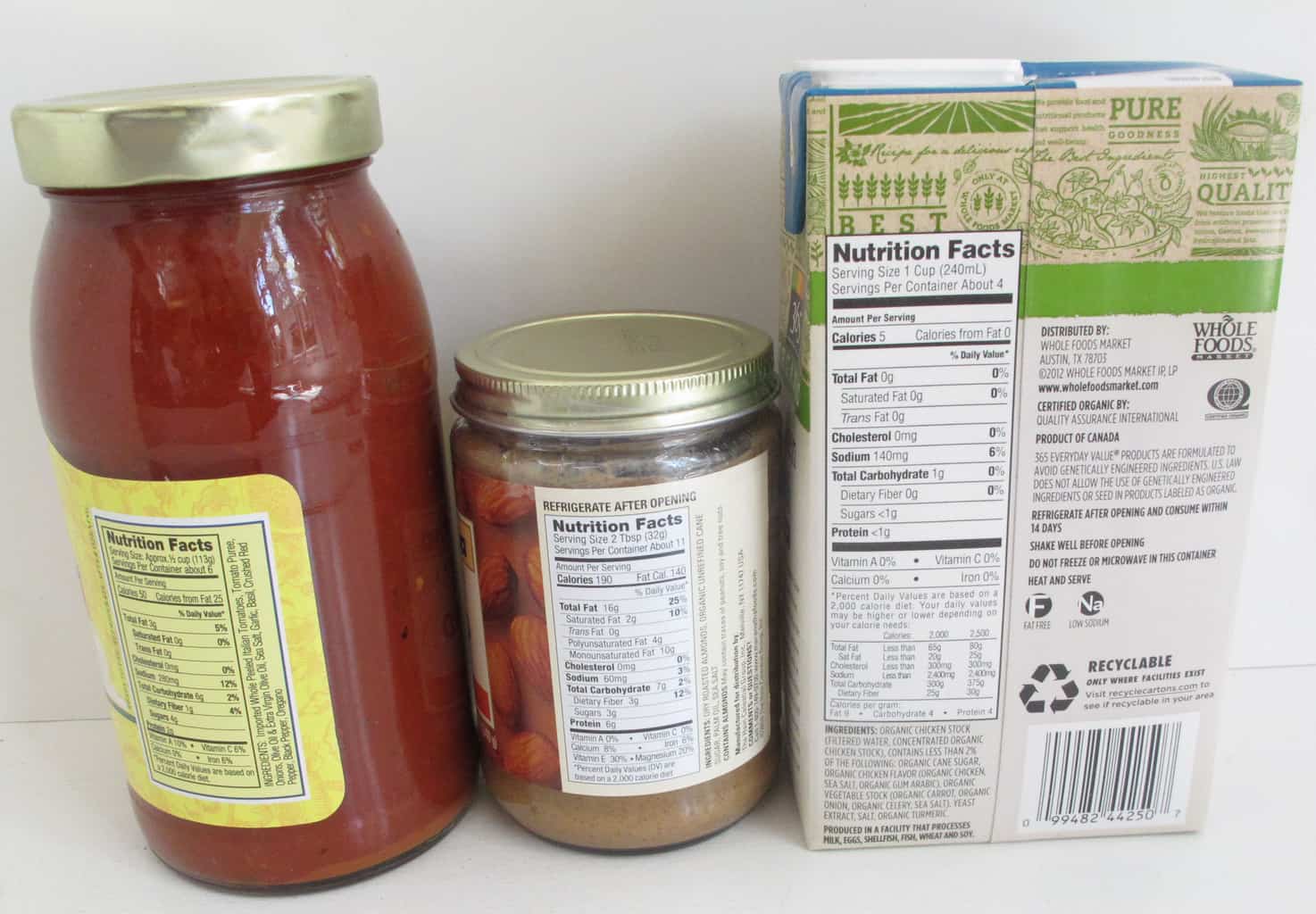

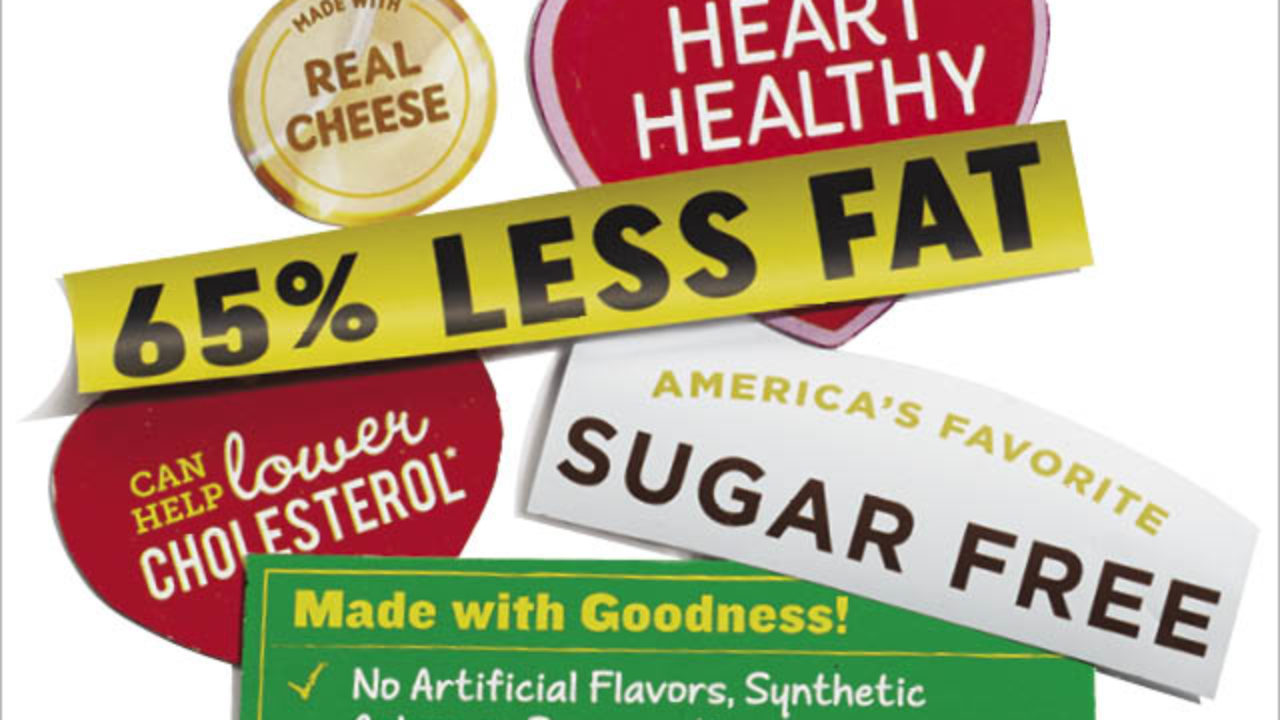
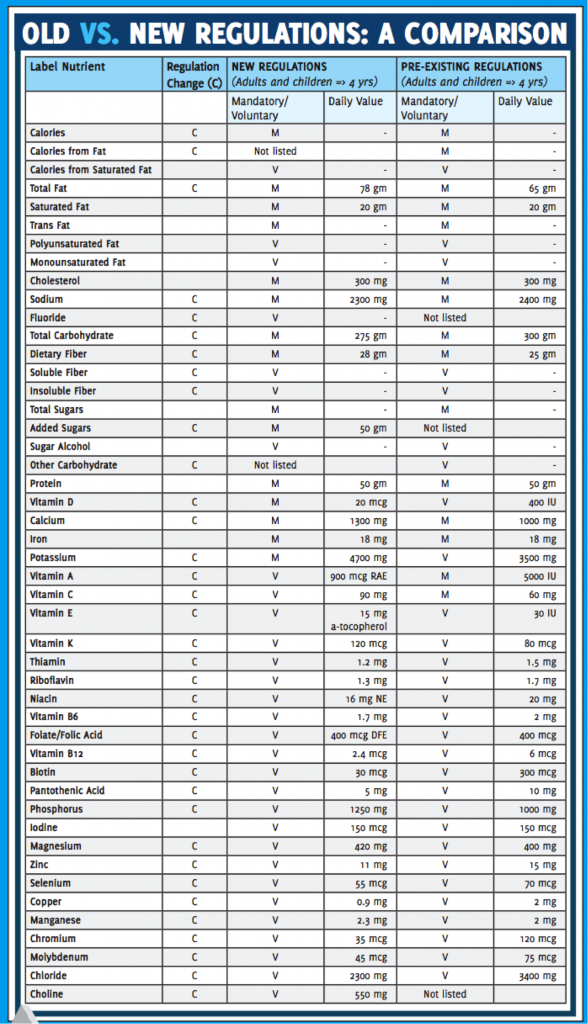
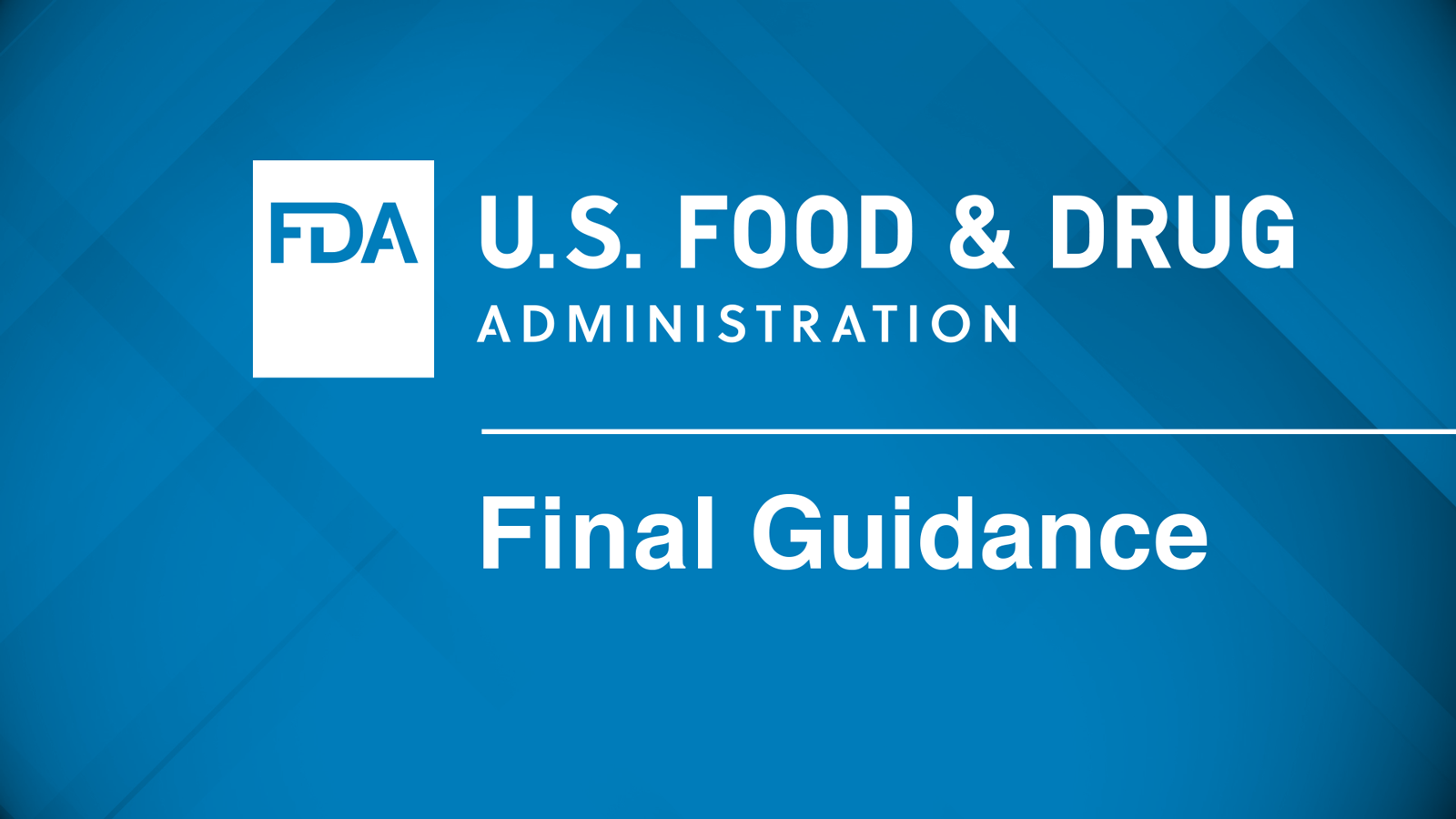


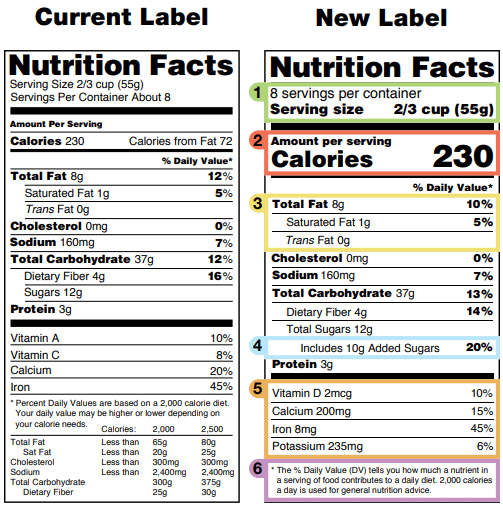

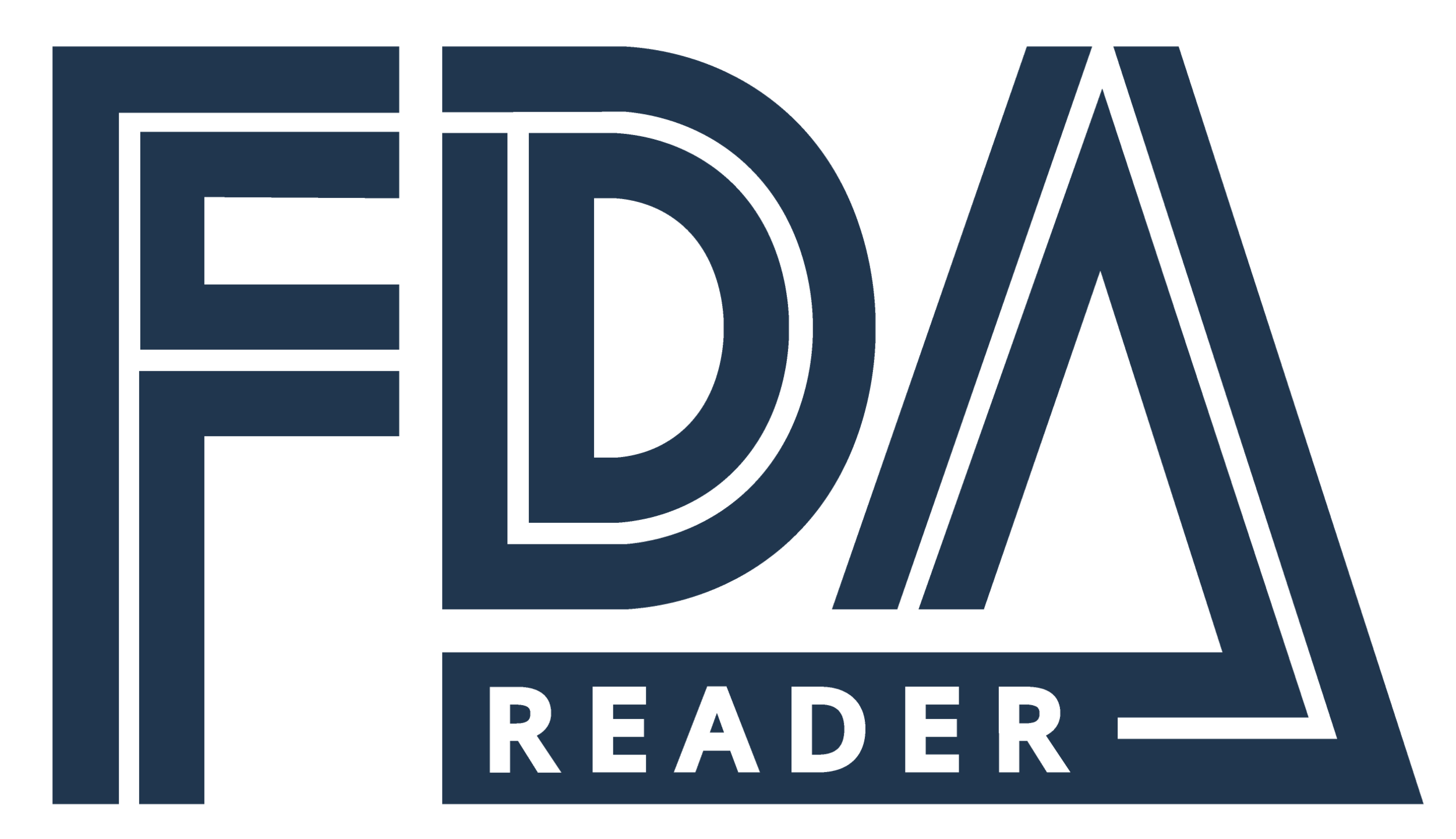



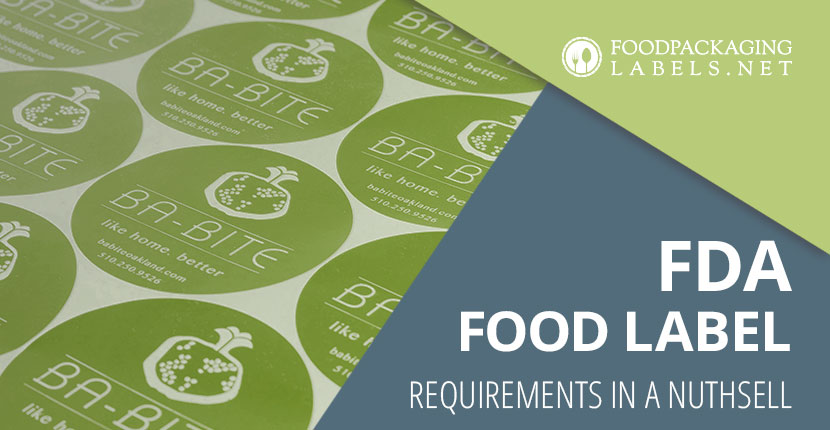


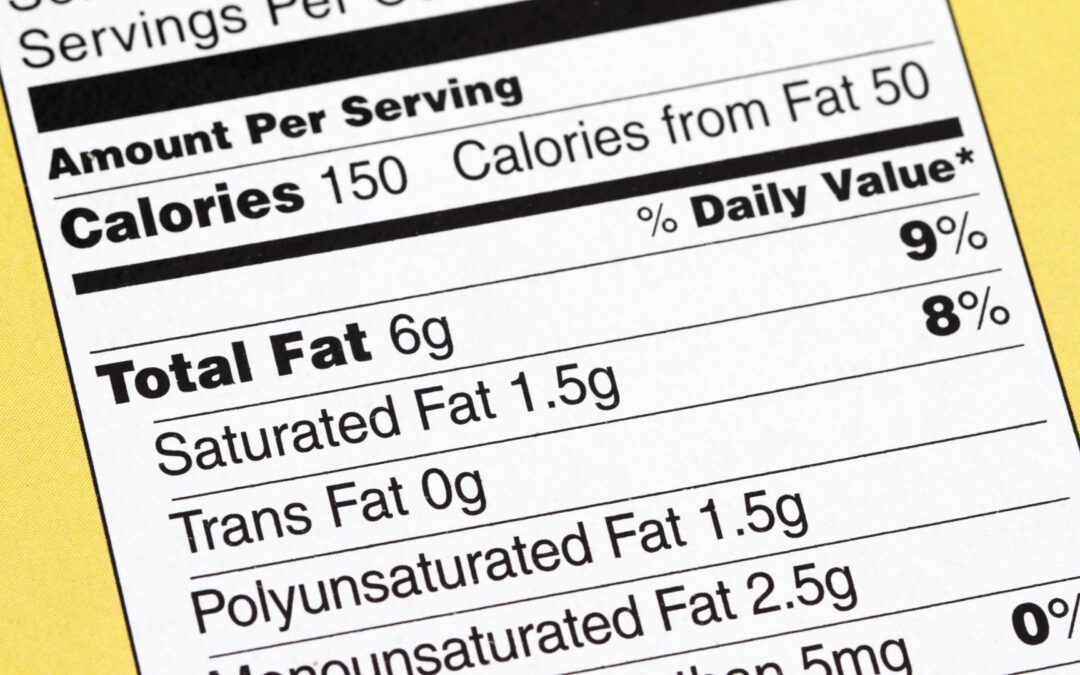
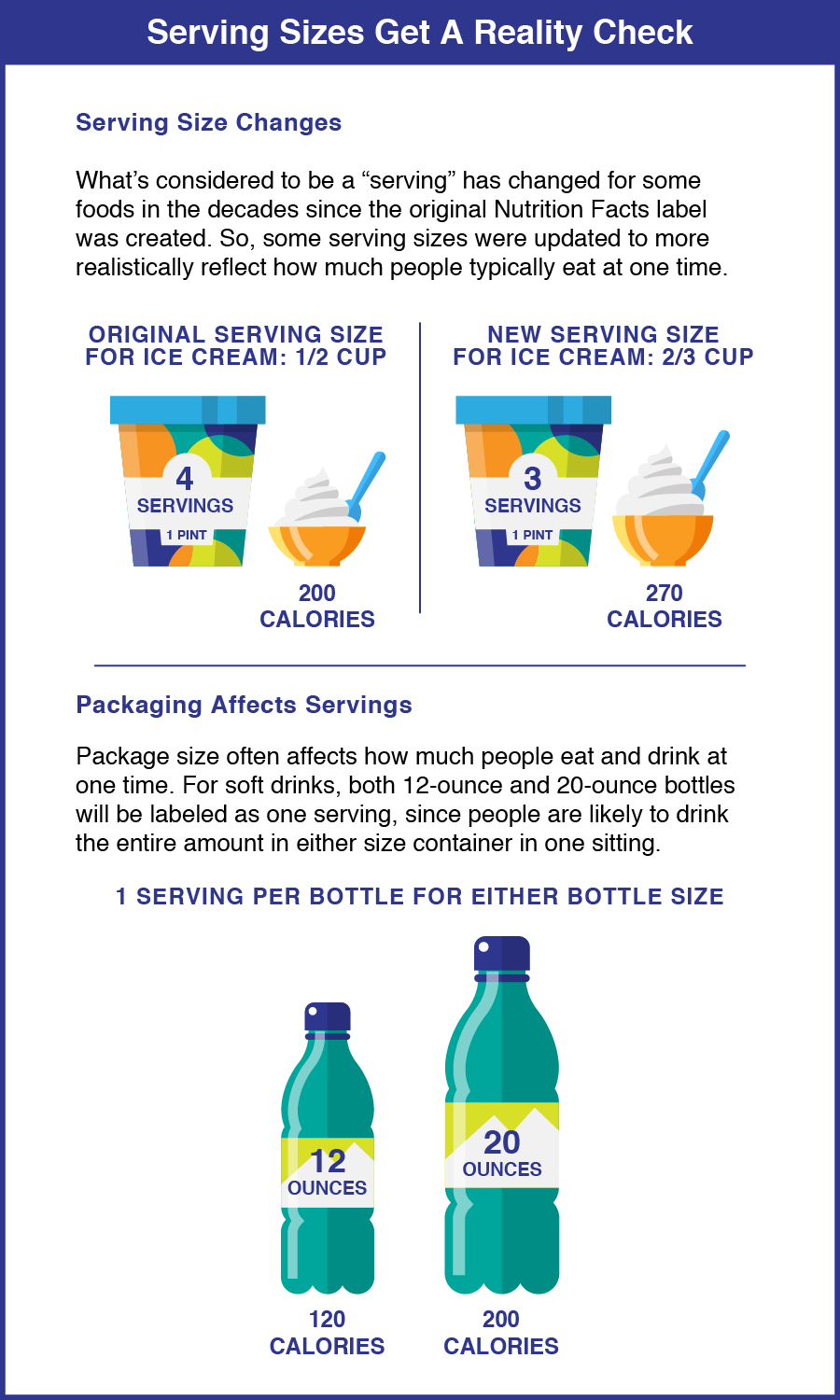
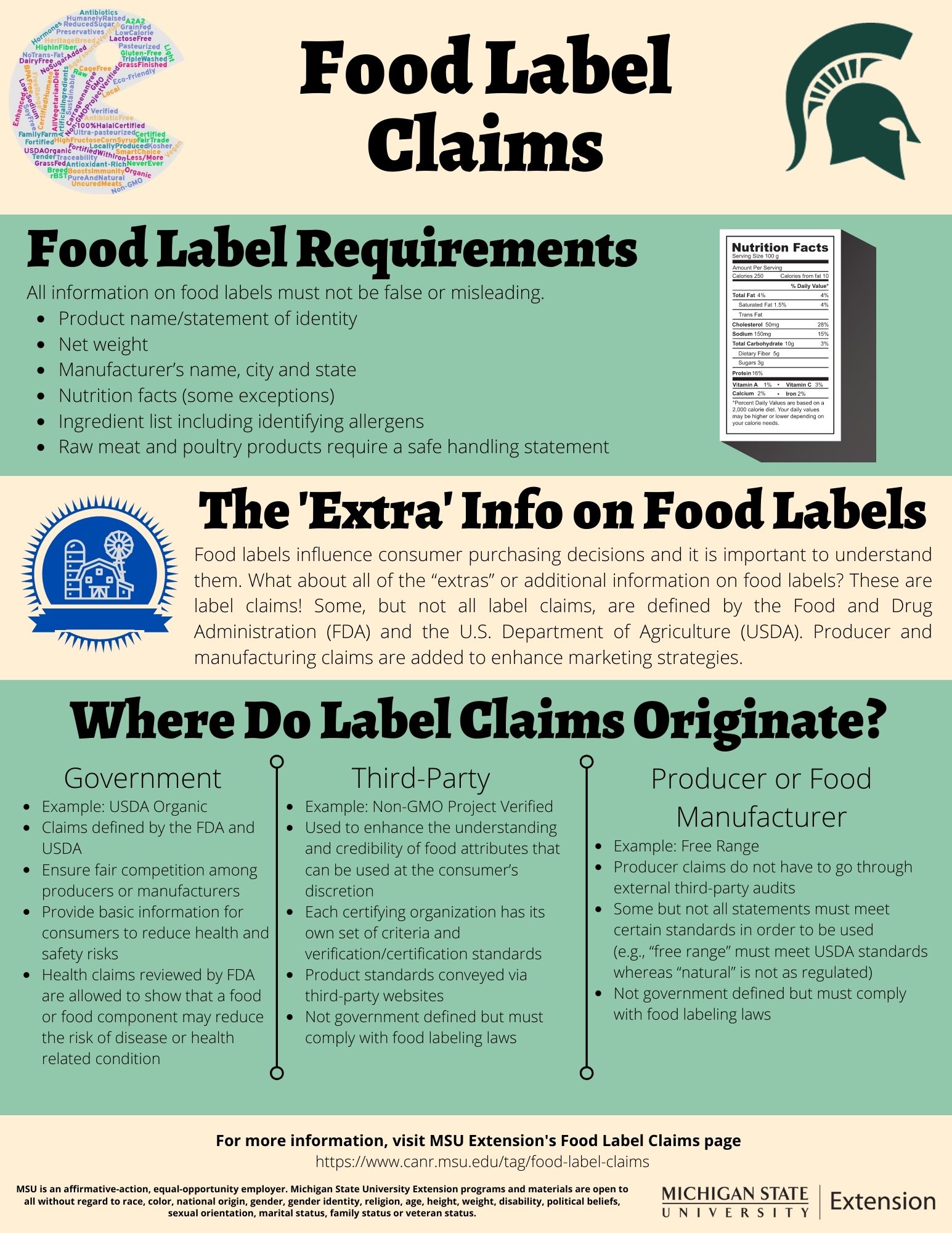


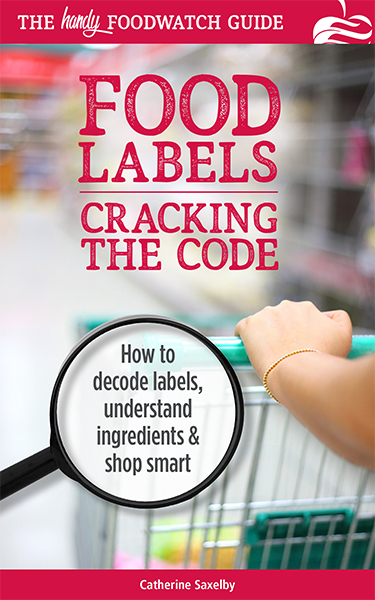


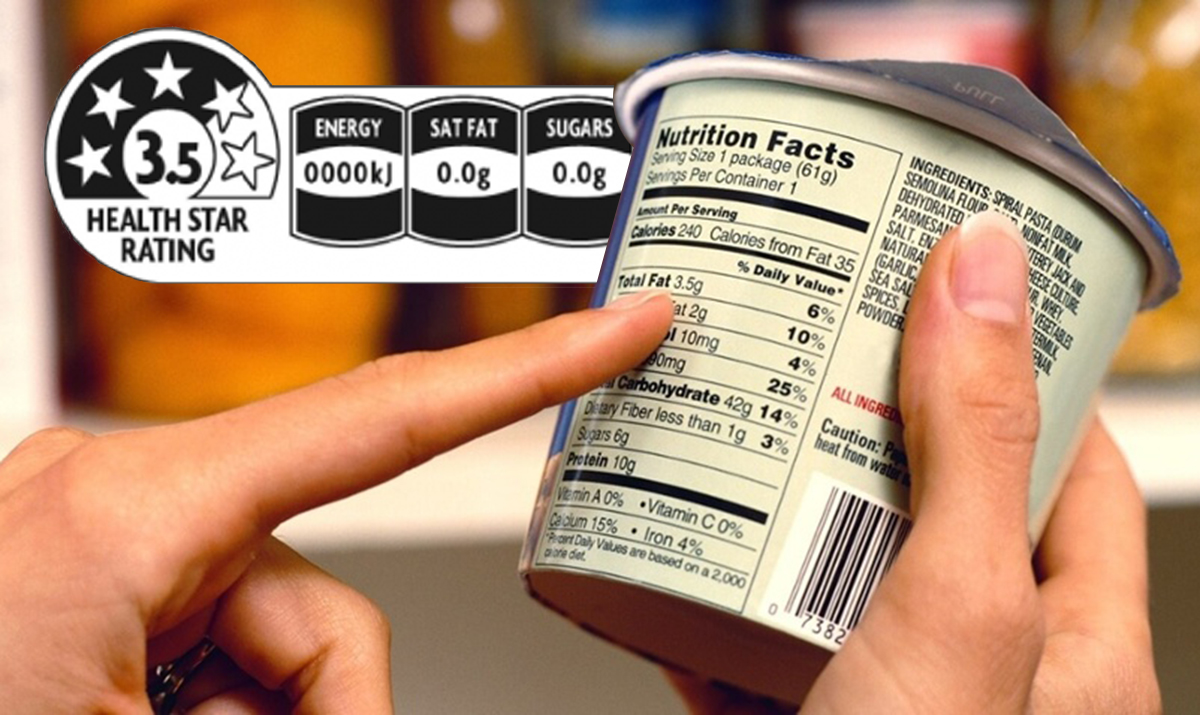
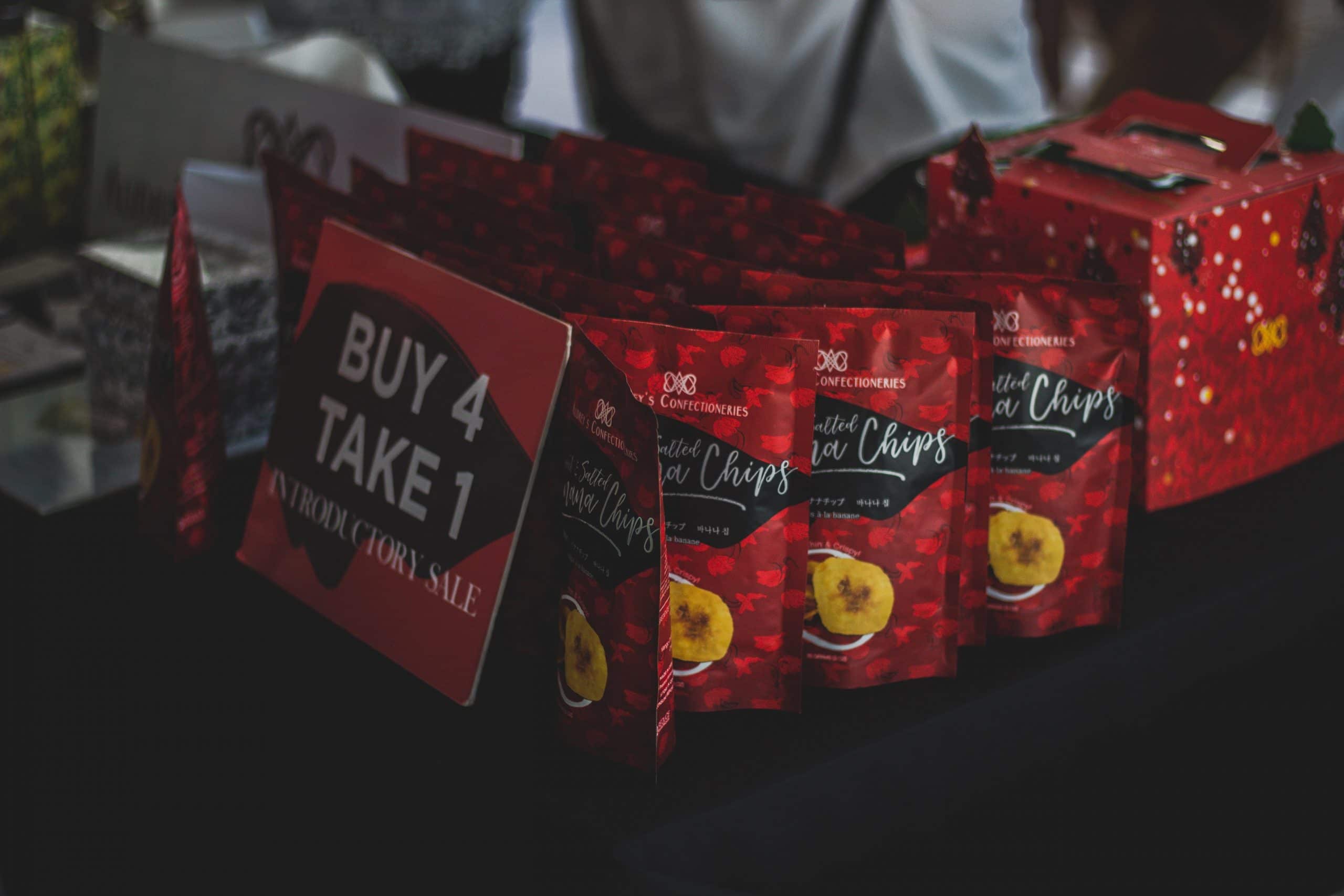
Post a Comment for "41 what food products do not need food labels by law"